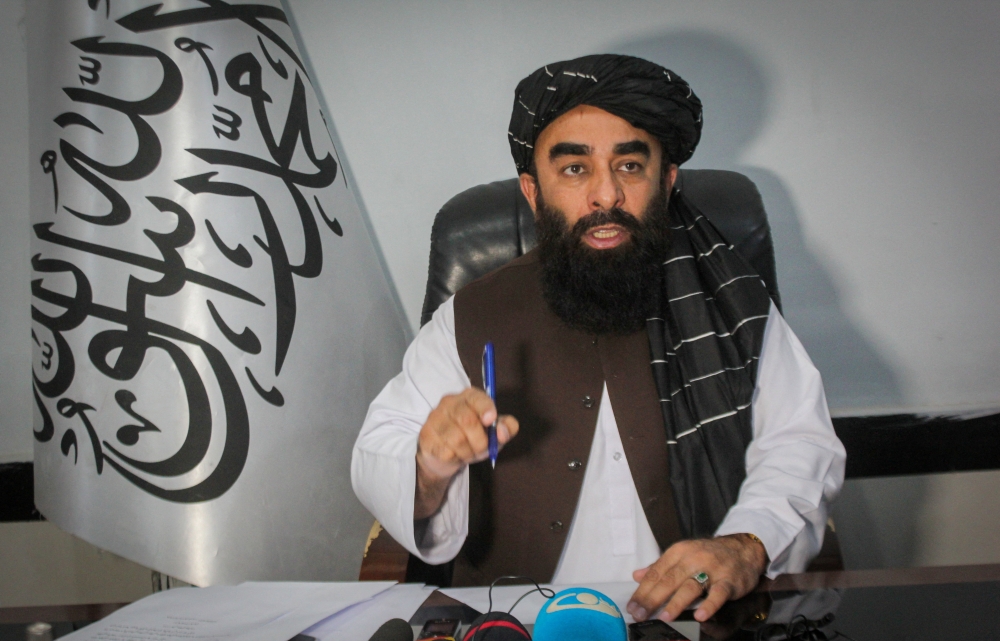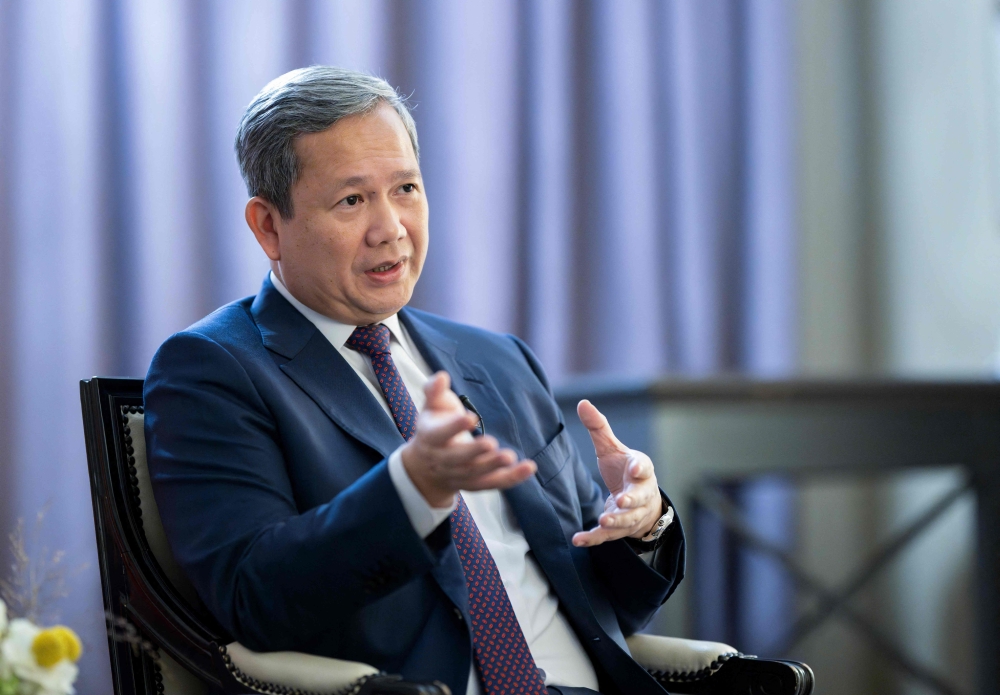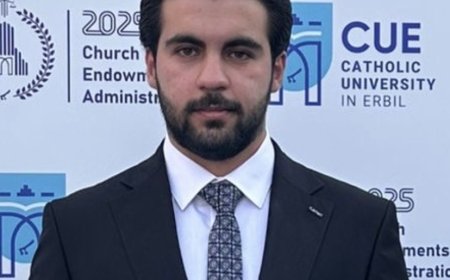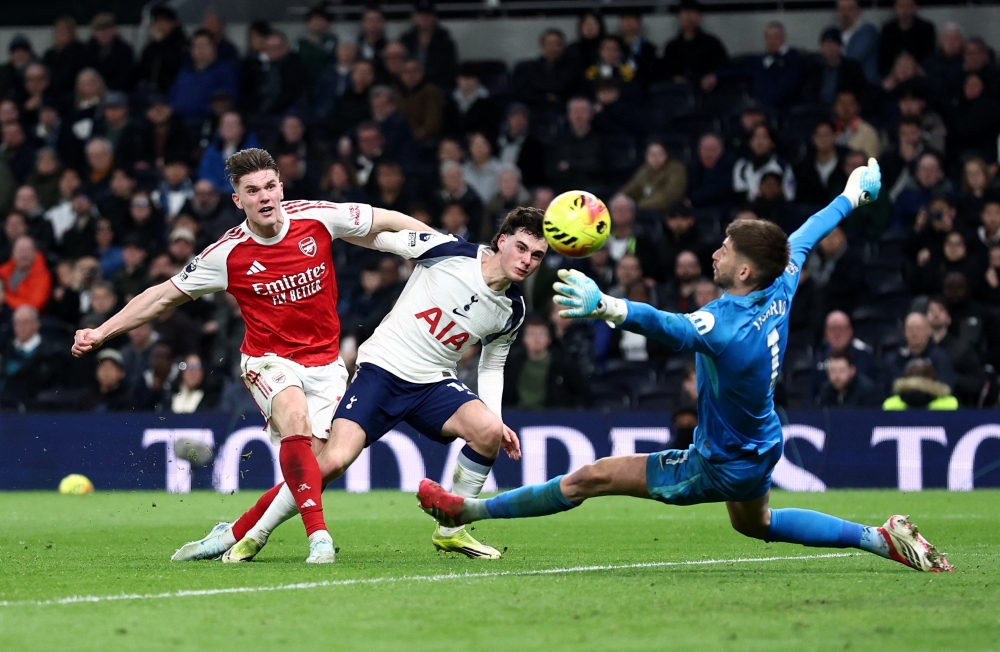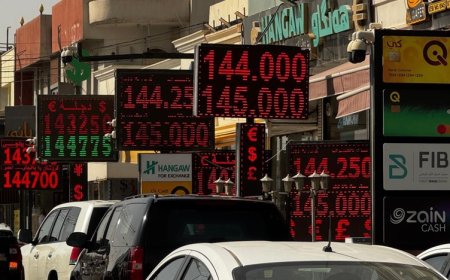Macron formally recognises Palestinian state

Emmanuel Macron told Israel that “nothing justifies the continuation of the war in Gaza” as he formally recognised a Palestinian state at a UN summit in New York.
In a much-awaited speech, the French president said: “The time has come to do justice to the Palestinian people and thus to recognise a state of Palestine”, warning that peace could no longer wait as “we are moments away from no longer being able to seize it”.
Mr Macron, in a careful and even-handed address, started by offering Israel France’s full support for the release of the remaining 48 hostages held by Hamas in the wake of the October 7 attacks.
“We will never forget them, just as we will never cease the existential fight against anti-Semitism. As French people, we know the sting of terrorism,” he said.
However, in a stinging rebuke to Benjamin Netanyahu’s administration, he said: “Nothing, nothing justifies the continuation of the war in Gaza.
“On the contrary, everything calls for putting a definitive end to it now, if not sooner, to save lives… because for nearly two years now, it is the denial of the humanity of the other and the sacrifice of human life that have prevailed.”
Mr Macron has been instrumental in campaigning for a host of countries to recognise a Palestinian state and his speech came a day after Britain, Canada and other Western allies made the same historic move on Sunday.
In a video message, Sir Keir Starmer said: “Today – to revive the hope of peace and a two-state solution – I state clearly as Prime Minister of this great country that the United Kingdom formally recognises the state of Palestine.
“We recognised the state of Israel more than 75 years ago as a homeland for the Jewish people. Today, we join over 150 countries who recognise a Palestinian state also. A pledge to the Palestinian and Israeli people that there can be a better future.”
The US and Israel both boycotted Monday’s meeting amid warnings that Israel may shut down France’s consulate in Jerusalem, confiscate the King’s Tomb, which belongs to France, or even annex part of the West Bank in retaliation.
Danny Danon, Israel’s UN ambassador, said Israel would discuss what action to take in response to the announcements of recognition after Mr Netanyahu, the Israeli prime minister, returns to Israel next week.
The White House on Monday warned that Donald Trump believed the recognition of a Palestinian state would not help release hostages and was “a reward to Hamas”.
But Mr Macron insisted such recognition was ultimately in Israel’s interests.
“We must do everything within our power to preserve the very possibility of a two-state solution, Israel and Palestine living side by side in peace and security,” the summit host said at the beginning of a planned three-hour session at the UN.
“The recognition of the legitimate rights of the Palestinian people takes nothing away from the rights of the people of Israel,” he said before announcing the diplomatic move to applause.
Mr Macron outlined a framework for a “renewed Palestinian Authority” under which France would open an embassy, subject to factors such as reforms, a ceasefire and the release of all remaining hostages.
The Palestinian foreign ministry said it welcomed France’s recognition, describing it as a “historic and bold” move.
Andorra, Belgium, Luxembourg, Malta and Monaco also announced or confirmed their recognition of a Palestinian state, after Australia, Britain, Canada and Portugal did so at the weekend.
But at home, commentators have called the French president’s move a “risky bet” as it risked colliding with reality on the ground and having no effect on the ongoing conflict.
David Khalfa, an expert at the Jean Jaurès Foundation, a French think tank, said that it was a diplomatically skilful move to allow France to “regain a place in the regional game, after having lost its influence in the Middle East”.
But he said it was easy to see why the Israelis are furious as Mr Macron has enacted a U-turn on France’s initial conditions for recognition.
“When he first announced his intentions in April, he attached a number of very specific preconditions to this recognition: the release of hostages still held in Gaza, the demilitarisation of Hamas, the overhaul of the Palestinian Authority’s governance and the mutual recognition of Israel by the Arab world,” Mr Khalfa told Le Parisien.
“All the conditions set by the president have been thrown out the window. This is a 180-degree turn that reverses the terms of the equation: recognition is no longer the end result of a process, but its starting point.”
He now risks “alienating one side, the Israelis, and disappointing the other, the Palestinians”.
Mr Macron insisted – without explaining how – that “this recognition paves the way for negotiations that will benefit both Israelis and Palestinians”.
[Source: Daily Telegraph]


